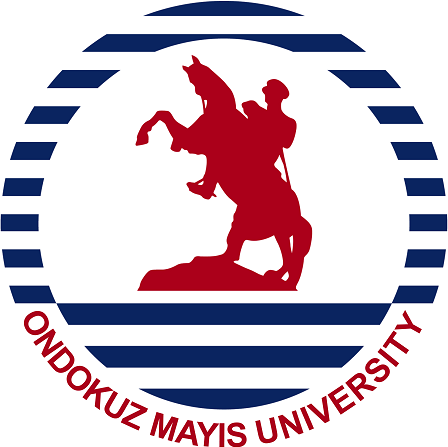History of the Department The Department of Pharmacology, under the Faculty of Medicine at Ondokuz Mayıs University (OMU), was founded by Dr. Atilla DİKMEN and Dr. Hülya GÜVEN in early 1983 when they were appointed as assistant professors. On September 12, 1987, Assoc. Prof. Dr. Yüksel KESİM was transferred from Karadeniz Technical University Faculty of Medicine to our university. On January 15, 1990, Prof. Dr. Süleyman ÇELİK, who retired from Gülhane Military Medical Academy (GATA), began his duties in the Department of Pharmacology at our university. Assoc. Prof. Dr. Yüksel KESİM also joined the department as a professor in 1994. After completing specialization training in the department, Dr. Mehmet KURT, who had worked as a specialist for about 1.5 years, was appointed as an assistant professor on July 10, 1998. Dr. S. Sırrı Bilge, who also specialized in the same department, began his duties as an assistant professor in 2004 and obtained the title of associate professor in 2012. In 2010, Dr. Fatih İlkaya was appointed as an assistant professor. In 2011, after the retirement of Prof. Dr. Süleyman Çelik, Yüksel Kesim took over as the head of the department, and after his retirement, Prof. Dr. S.Sırrı Bilge currently holds the position of department head. Dr. Osman Kukula joined the department in 2014, and Dr. Arzu ERDAL joined in 2017. The department currently operates with 1 professor, 1 associate professor, and 1 assistant professor.
Heads of the Department
Assoc. Prof. Dr. Atilla DİKMEN: 1983-1985
Assoc. Prof. Dr. Hülya GÜVEN: 1985-1989
Assoc. Prof. Dr. Yüksel KESIM: 1989-1990
Prof. Dr. Süleyman ÇELİK: 1990-2011
Prof. Dr. Yüksel KESİM: 2011-2015
Prof. Dr. S.Sırrı BİLGE: 2015-Present
Academic Staff List of the Department
Prof. Dr. S. Sırrı Bilge
Assoc. Prof. Dr. Osman Kukula
Asist.Prof.Dr. Arzu Erdal
Research Assistant Dr. M. Seçkin Şahin
Research Assistant Dr. Sinan Şafak
The Theoretical Structure and Academic Purpose of the Department Our aim is to provide high-quality education where students can showcase their own knowledge, skills, and abilities, where individual creativity is supported, and where future doctors with professional and civic consciousness and responsibility are nurtured.
Type of Education
Pre-Graduate Education We provide education to students from the Faculty of Medicine, Faculty of Dentistry, Faculty of Health Sciences, and Vocational School of Health Services.
Post-Graduate Education
We offer specialized training to medical doctors who come to our department for residency training through the Medical Specialty Examination (TUS).
Master's and Doctoral Programs
We provide education to students enrolled in master's and doctoral programs.
Experimental Equipment and Research in Our Department
Our department consists of two laboratories and a controlled room for housing laboratory animals with regulated temperature, lighting, and ventilation.
Among the main research areas in our department are the assessment of the central nervous system through behavioral tests in laboratory animals and the investigation of changes occurring in various disease models through isolated organ studies.
Over the years, using the equipment available in our department, various in vivo studies have been conducted on laboratory animals. These include studies on pain and inflammation, depression and anxiety, learning and memory, as well as research on the teratogenic effects of drugs and blood pressure measurements.
Additionally, in vitro studies have been carried out, including organ bath experiments involving isolated bladder, vas deferens, and gastrointestinal tract preparations, as well as contractility studies involving the aorta.
The Future Plan Envisioned by the Department
The department's future plan includes increasing the quantity and quality of Rational Drug Education, contributing significantly to international science, and training students at the master's and doctoral levels.
